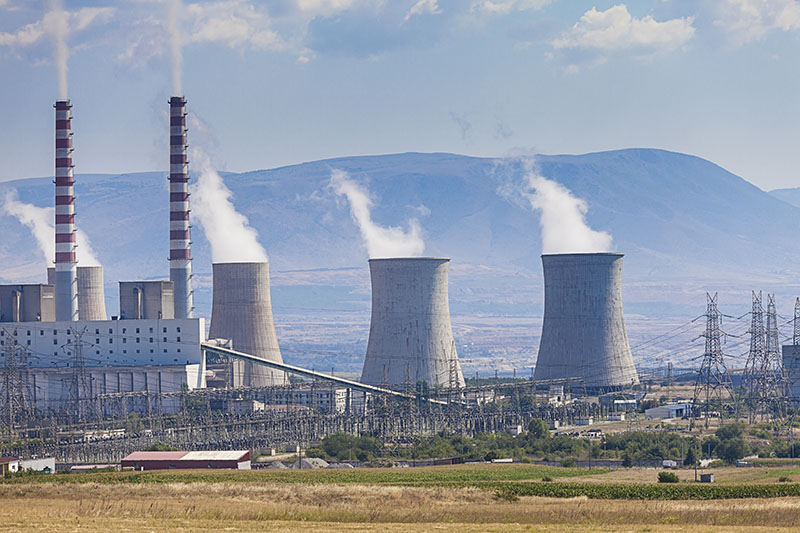MELBOURNE, Oct 17 (Reuters) - Australia's conservative government is set to reject widespread calls for a clean energy target on Tuesday in an energy policy focused on keeping the lights on affordably over the next several years.
Prime Minister Malcolm Turnbull has won support from his cabinet for a policy that will require energy retailers to meet reliability standards and emissions reductions, allowing them to decide what sources of power they will use, Australian media reported on Tuesday.
The fuel-neutral approach with no carbon price will end subsidies for renewable energy after 2020 and could result in an extension of the lives of some ageing coal-fired plants if there is no alternative for backing up intermittent wind and solar power.
Retailers who fail to meet the guidelines could face fines or even a loss of license, the Australian Financial Review said.
Turnbull is expected to formally announce the policy after receiving a sign-off from the wider Liberal Party on Tuesday.
Australia's biggest power retailers are Origin Energy ORG.AX , AGL Energy AGL.AX , which is also Australia's biggest generator, and EnergyAustralia, owned by Hong Kong's CLP Holdings 0002.HK .
Turnbull set out to overhaul energy policy a year ago to end a decade of political warfare over carbon targets and stabilise the nation's grid, after a huge storm blacked out the country's most wind power-dependent state.
The energy crisis has grown as states promoted rooftop solar and wind power over the past 10 years in the absence of a stable carbon policy at the national level, and let coal- and gas-fired plants shut, reducing crucial back-up for wind and solar.
At the same time average household power prices in eastern Australia have soared 63 percent over the past nine years, the nation's consumer watchdog said in a report on Monday.
To spur investment in "reliable generation", cap prices and cut carbon emissions, the country's chief scientist recommended the government should replace its renewable energy target, set to expire in 2020, with a fuel-neutral clean energy target. a clean energy target was too politically difficult for Turnbull, despite it being backed by green groups, the power industry and big business.
Turnbull faced a revolt from right-wing back-benchers, led by former prime minister Tony Abbott, who do not believe climate change is a threat, back the coal industry and oppose subsidies for renewable energy.
